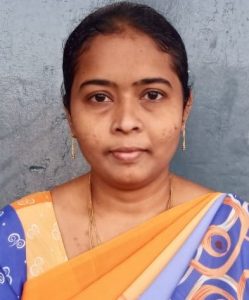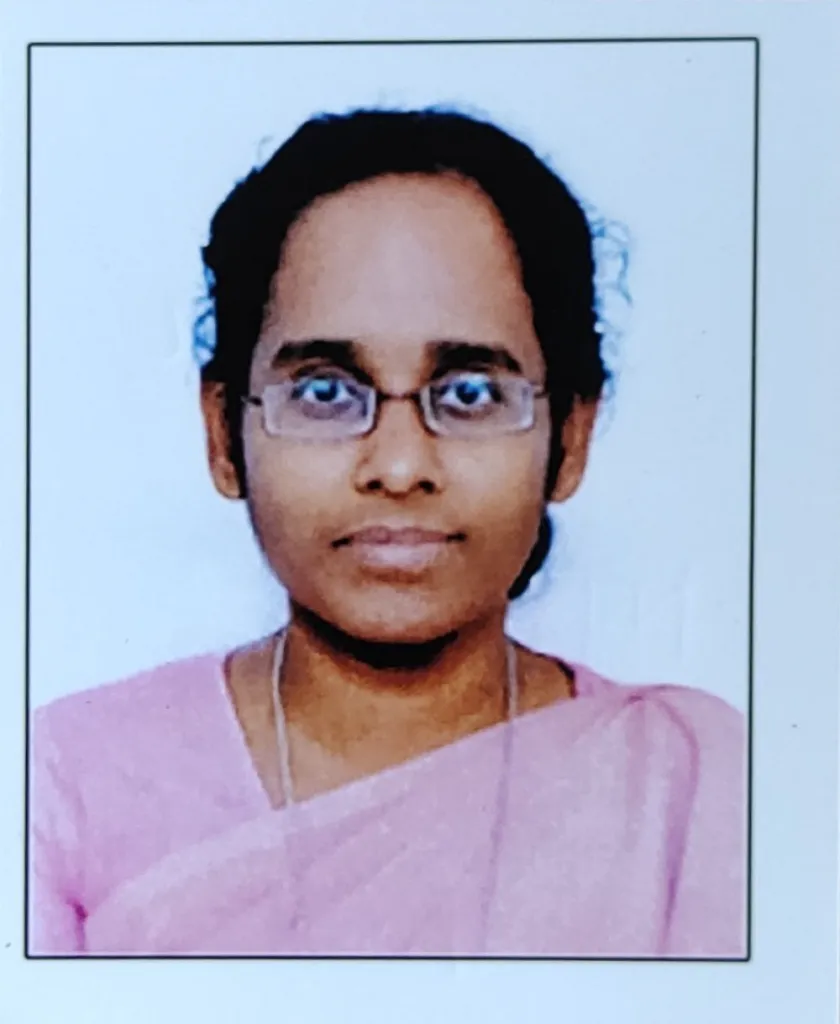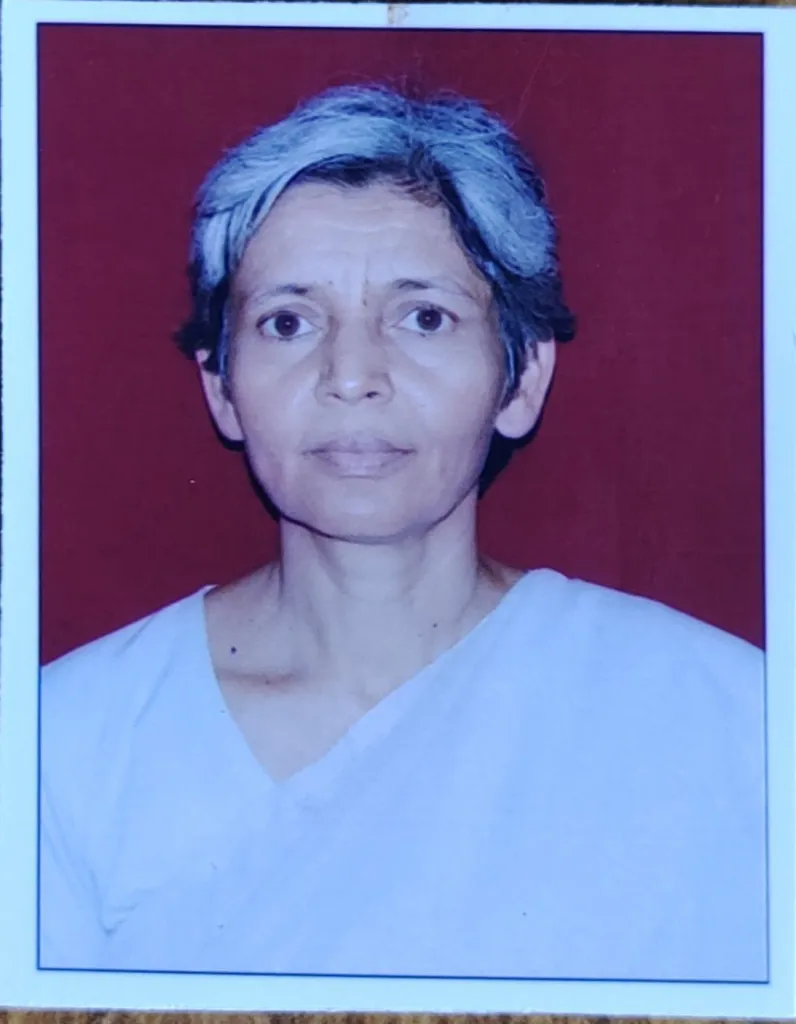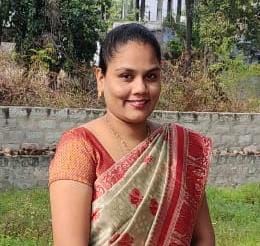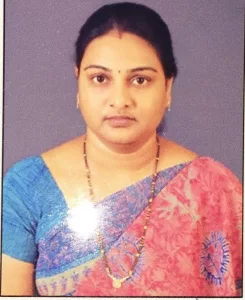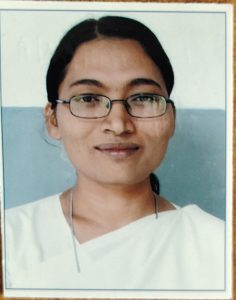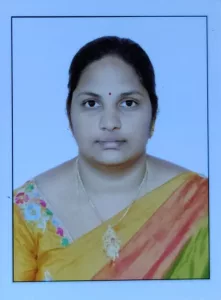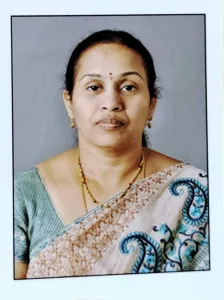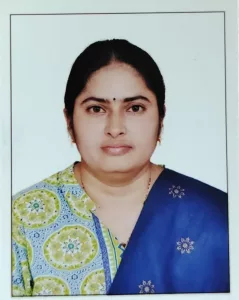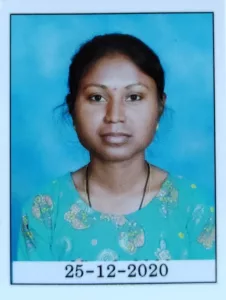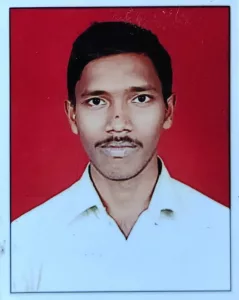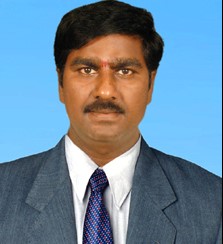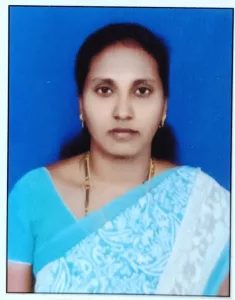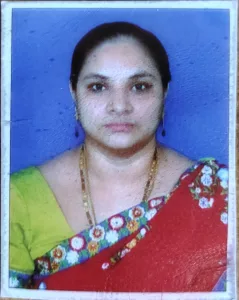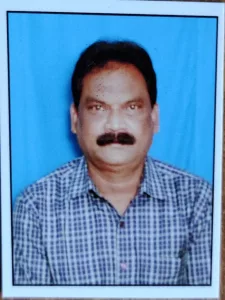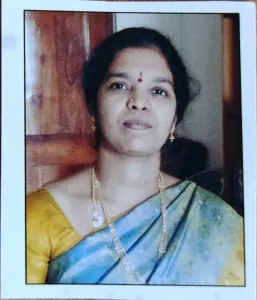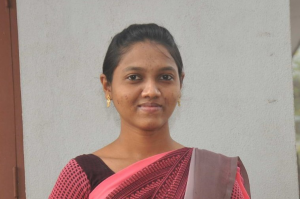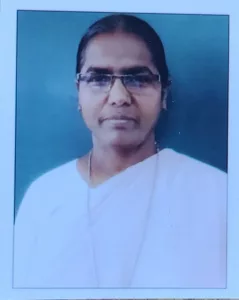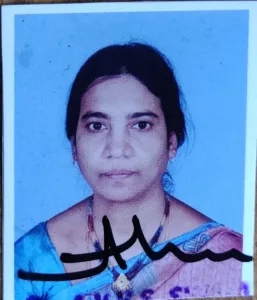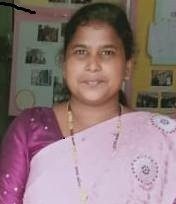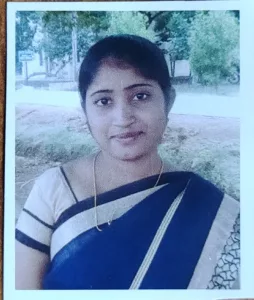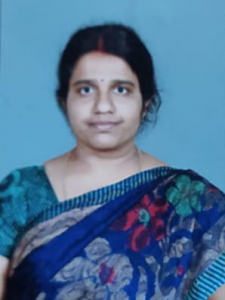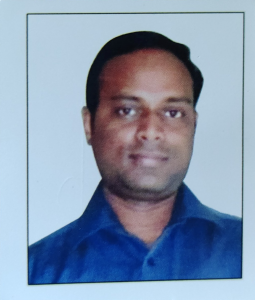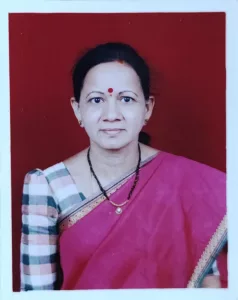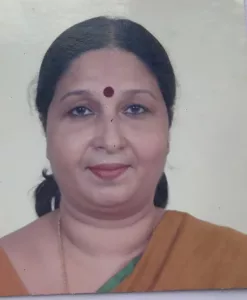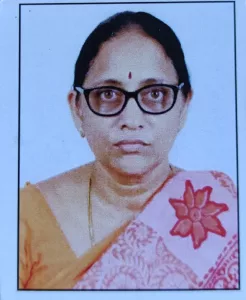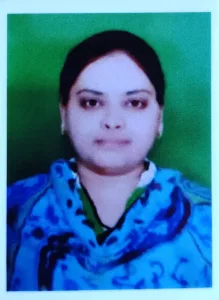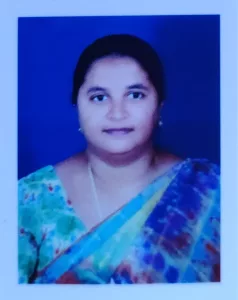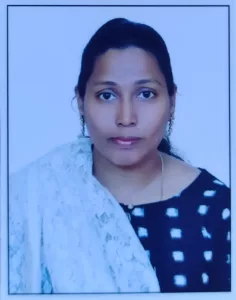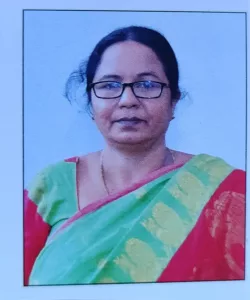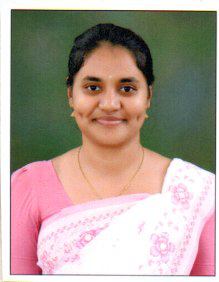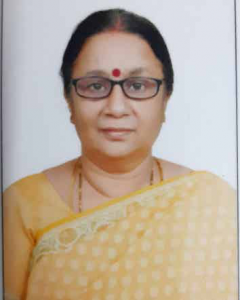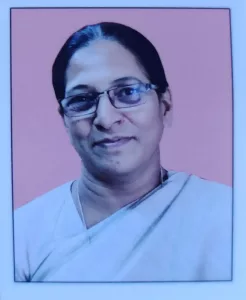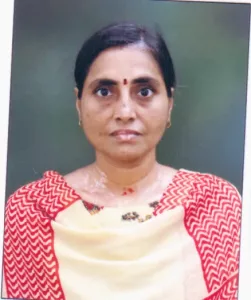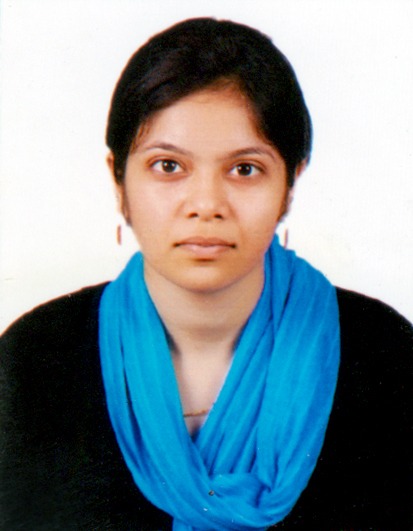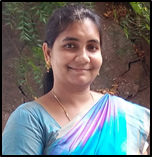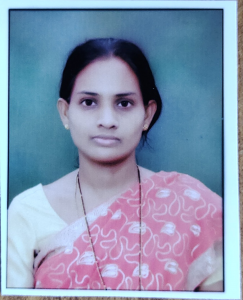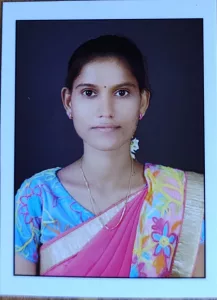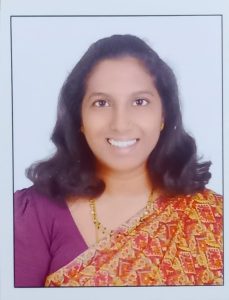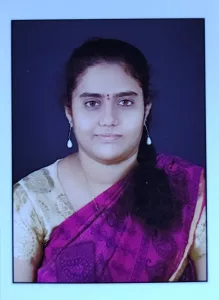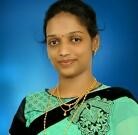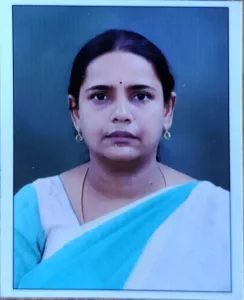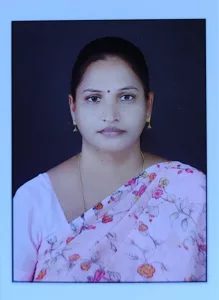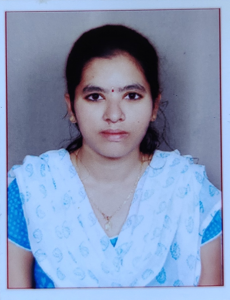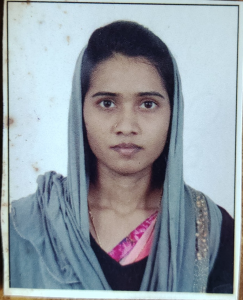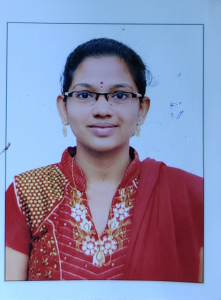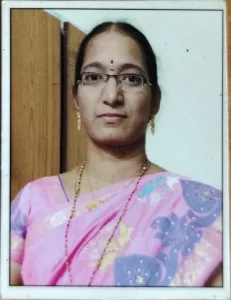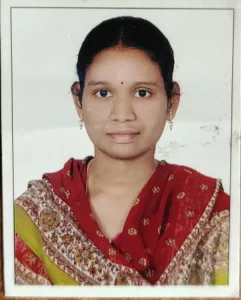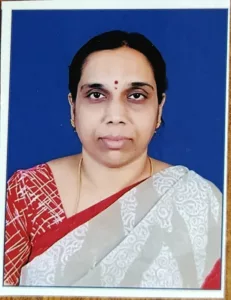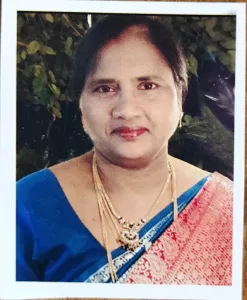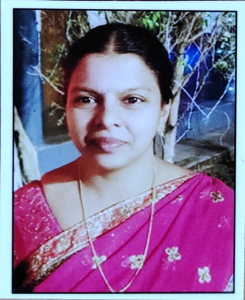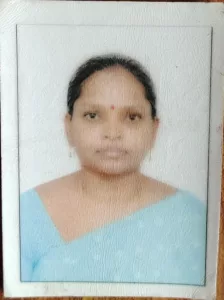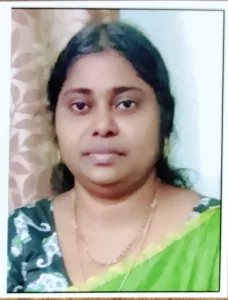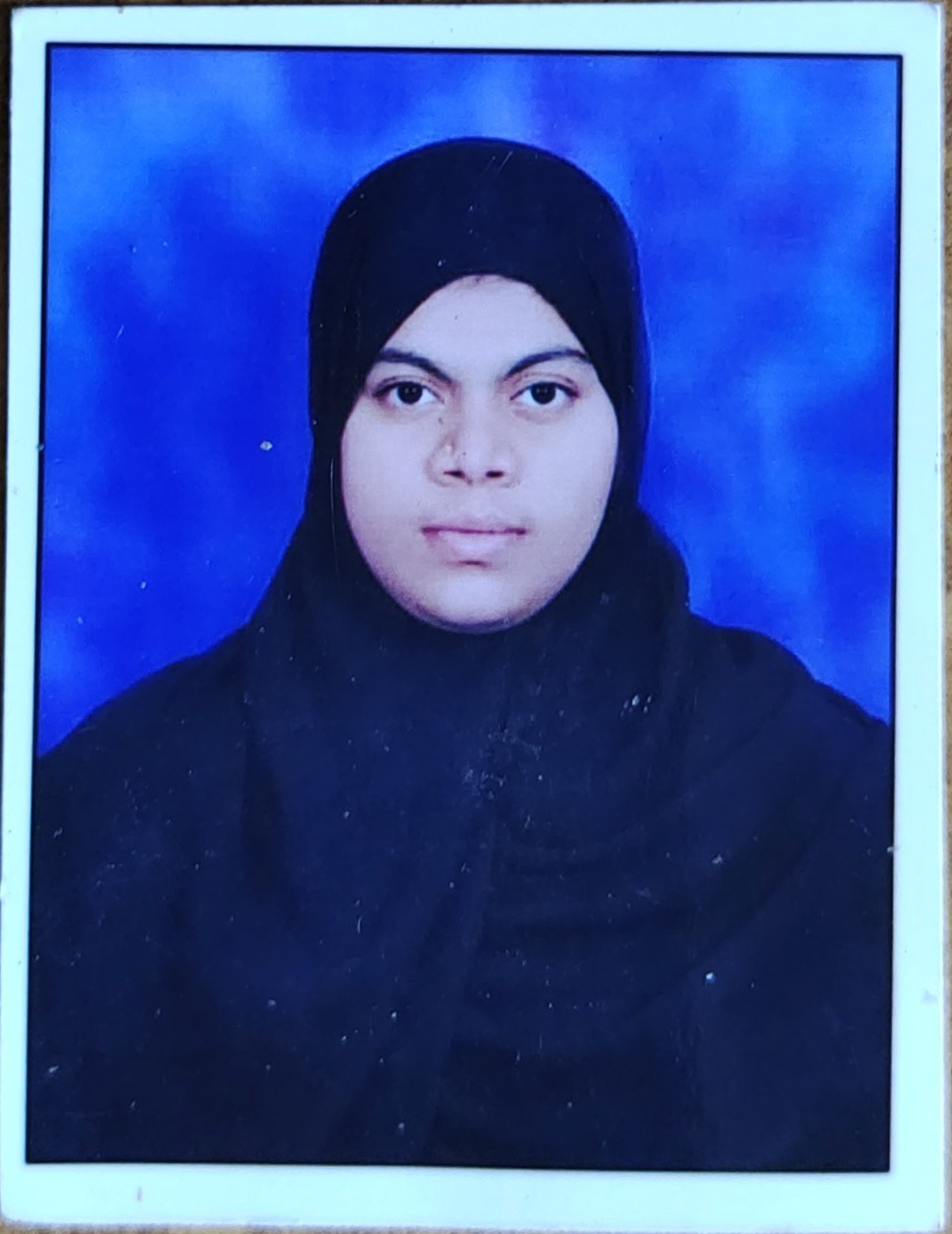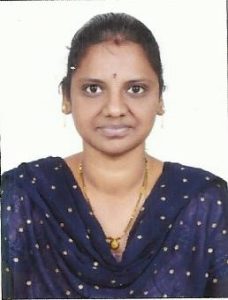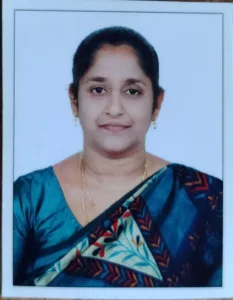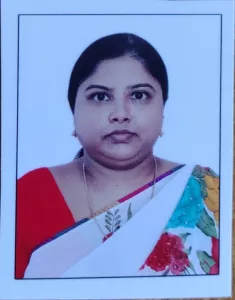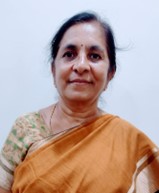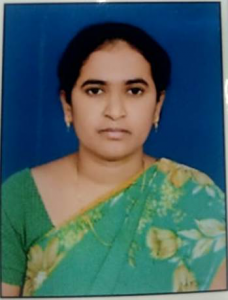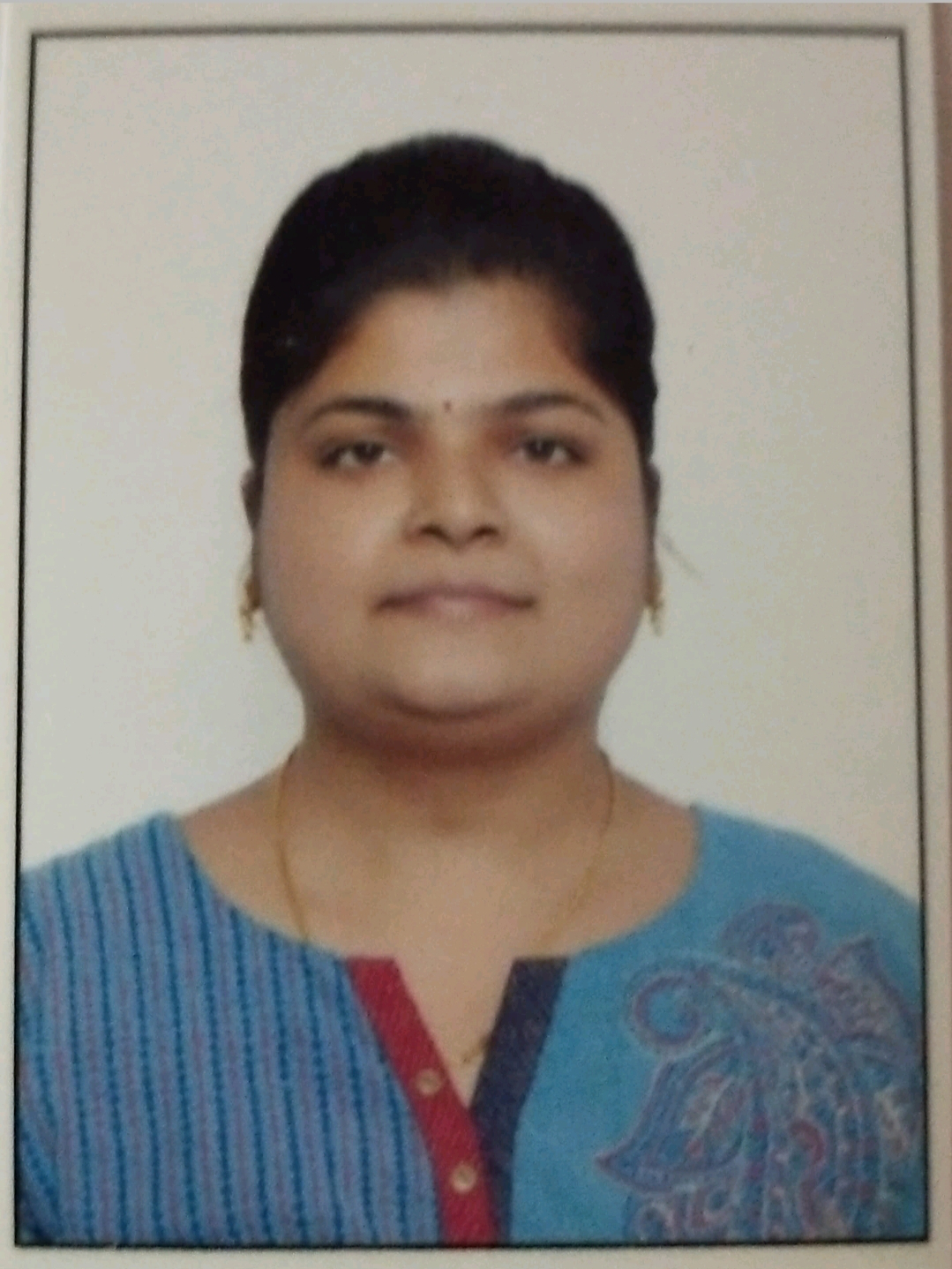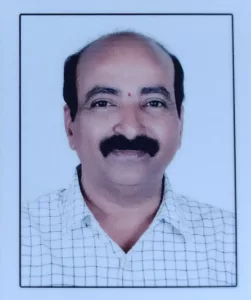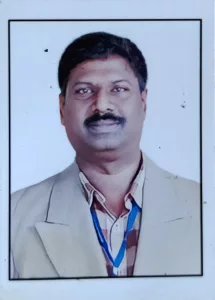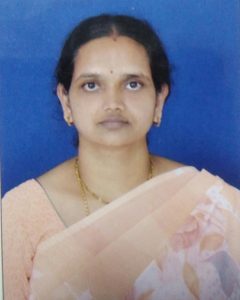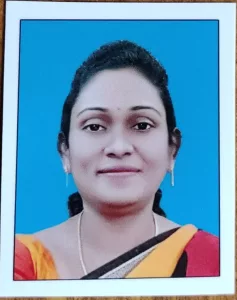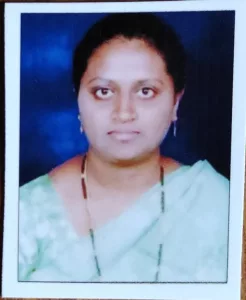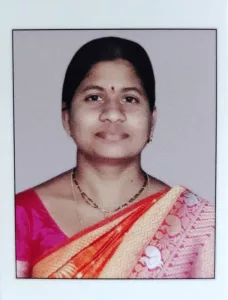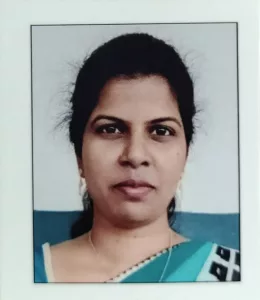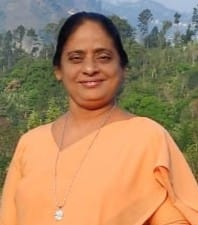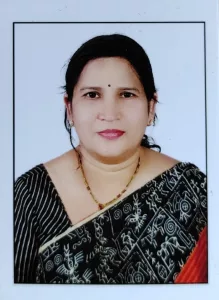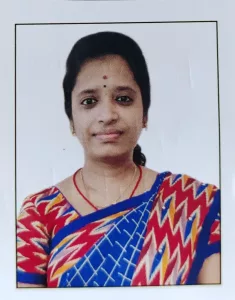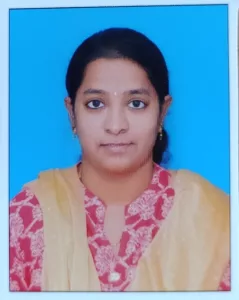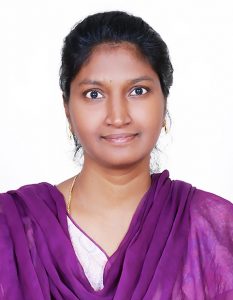HISTORY & TOURISM
The postgraduate Department of Bioinformatics was instituted in 2002. From 2005-2010 the programme was supported by the Innovative Programme of the UGC, and this enabled the Department to improve its infrastructure and engage in innovative methods of teaching and research.
The Master’s degree in Bioinformatics offers a strong multi-disciplinary acquaintance to develop computational methods that integrate technologies from science, statistics, and chemistry to handle and process biological data.
The Department has a well-established computer lab with a high-end server and computers with a 24×7 internet facility. Under the DST-FIST Grant-2017, the Department has procured the Schrodinger software, an inclusive platform to address the challenges in pharmaceutical research and to cater to the needs of teaching, research and industrial applications.
The Summer Internship is an integral part of the course at the end of the first year. Students intern in reputed institutions all over the country such as IGIB, RGCB, IBAB, NCBS and IISc. They are involved in the live projects of these Institutes and acquire hands-on experience in handling commercial software, as well as training in work ethics.
The Department organises International and National seminars, workshops and conferences on multitude areas of Computational Biology with the invited resource persons from reputed institutes across the country.
Adding to the accolades, our students have been selected for MS in Genomics at the University at Buffalo, University of Manchester, Leicester University, University of Cardiff, and Ph.D. in Environmental Bioinformatics, at Taichung University, Taiwan. Students have been placed in various industries like Fabgenics, CIBA-ICAR, Kyvor Genomics, Blackbuck Technologies and many more.
FACULTY
Dr. G. Beulah Pearl Sunanda, HoD
V. Anjani Simha
N. Sailaja
N. V. Madhav Gupta
Click here to view Courses Offered
Overview of the Department
- Maris Stella College is one of the first colleges to introduce Tourism and Travel Management, as an optional subject at the under graduate level in 1995.
- Since then the department has been steadily growing.
- Department of Tourism received Award for Excellence in 2010-11, from Government of Andhra Pradesh.
- We have very good collection of Tourism related books in the College library.
Many of the students who have passed out of the college with Tourism as an optional subject, made tourism as their career.
Goals of the Department:
- Strive for academic excellence.
- Promote a sense of responsibility and high ethical standards.
- Value team spirit and world view.
- Develop scientific attitude to management techniques and skills.
- Emphasize theory based education and advancement of practical training.
Objectives of the Department : The department of Tourism and Travel Management aims to make the students:
- Understand the nature, concept and scope of Tourism.
- Comprehend the history of growth of Tourism.
- Analyse and understand the role of different sectors of Tourism.
- Appraise the Tourism resources of India and their significance.
- Develop skills in Tourism management and marketing.
- Enable to summarize the relevance of Tourism Industry to the socio-economic development of the country.
- Analyse the impact of Tourism on regional and infrastructural development and maintenance of sustainable environment.
- Empower to create the marketing tools for the Tourism industry such as Tourist itinerary, brochures, Tourist maps etc.
- Provide practical orientation through organizing study tours and undergoing on-the-job training in the Travel related sectors.
ECONOMICS
Overview of the Department
The Department was established in 1962, to mould the students as outstanding and self – supporting individuals both socially and economically.
The department is promoting knowledge based and research oriented study courses offered are based on Intellectual excellence, Social responsibility & civic consciousness, Economic freedom, Moral commitment & Universal spirituality in search of the ultimate truth.
The department is providing qualitative environment to the student community enabling them to build their career and compete in the current oriented job market.
Goals and Objectives
GOALS:
- To mould the student as outstanding and self-supporting.
- To Motivate the individuals to think in an economic way.
OBJECTIVES:
To train the students to achieve
- Intellectual Excellence
- Social responsibility & Civic Consciousness
- Economic Freedom
- Moral Commitment and
- Universal spirituality in search of the ultimate truth.
FACULTY
Dr. K. Swaroop Kumar
Dr. V. Swapna
Dr. Sathyavedam, HoD
Click here to view Courses Offered
Powered By EmbedPress
POLITICAL SCIENCE
-Nurturing Future Leaders, Policy Makers, and Global Citizens
An Overview of the Department
1. Introduction
The Department of Political Science was established in 1962 dedicated to fostering critical thinking, analytical skills, and a deep understanding of political systems among its students. The department aims to prepare young women to engage actively in civic life and contribute meaningfully to society. The department strives to deliver a curriculum that emphasizes both theoretical and practical dimensions of political science, encouraging students to explore the workings of political systems, governance, international relations, and public administration. By integrating academic excellence with ethical and social awareness, the department prepares young women to assume leadership roles in a dynamic and ever-evolving world.
Our vision is to nurture critically aware and socially responsible individuals by providing a strong foundation in political theory, governance, and international affairs.
Vision
The vision of the department is to cultivate informed, responsible, and empowered individuals through rigorous education in political science, fostering a sense of democratic responsibility and social justice to meet the needs of society and global challenges.
Mission
M1: To provide a robust curriculum that encompasses political theory, comparative politics, international relations, and public administration.
M2: To enhance students’ analytical and research skills through practical training, workshops, and projects.
M3: To promote ethical and socially responsible leadership among students.
M4: To prepare students for diverse career paths in public service, academia, and beyond.
2. Historical Background
Established in 1962, the Department of Political Science is one of the oldest departments at Maris Stella College. Since its early years, it has played a crucial role in shaping the academic journey of students interested in the social sciences. Over time, the department expanded its offerings by integrating Political Science with other subjects like History, Economics, and English Literature, thereby providing interdisciplinary combinations that are both academically enriching and relevant to contemporary societal needs. The department has adapted to the evolving educational landscape, responding to changes in governance, policy, and global affairs, and continues to innovate in both curriculum design and pedagogical approaches.
Faculty Contributed:
- Mrs.P.Renuka (18-08-1969 to 28-02-2005)
- Mrs.N.Mercy (14-07-1975 to 31-07-2006)
- Mrs.D.Uma Sarojini (05-08-1976 to 31-05-2008)
- Mrs.R.Savithri (01-04-1981 to 30-06-2011)
- Dr.B.Rajendra Prasad (21-06-2017 to 23-12-2021)
- Mrs.A.Jyosthna Valenteena (13-07-2009 to 31-05-2023)
- Mrs.Geetha Devi (06-06-2016 to 08-09-2020)
- Mr.J.Suraiah (01-06-2024 to till date)
- Ms.K.Gladis (02-06-2025 to till date)
3. Academic Programmes
The department offers Political Science as a major and minor subject for all undergraduate programmes. The curriculum is designed to provide a balance between theoretical knowledge and practical application. The Key Courses include:
- Understanding Political Theory
- Constitutional Government and Democracy in India
- Comparative Government and Politics
- International Relations
- Public Administration
- Political Philosophy
- Human Rights
- India’s Foreign Policy
4. Faculty & Research
The department has well-qualified, experienced, and dedicated faculty members actively involved in teaching, research, administration, and curriculum development. They contribute significantly to:
- Research in areas such as political theory, comparative politics, public policy, and international relations.
- Publications in reputed academic journals, edited volumes, and conference proceedings. ● Organizing and participating in national and international seminars, workshops, conferences, and faculty development programmes (FDPs).
- Developing and updating curriculum to reflect contemporary political developments, governance practices, and academic advancements in the discipline.
5. Student Achievements & Activities
Students of the Department perform well in academics and show commendable involvement in extracurricular and co-curricular activities. Many alumni have pursued higher education in prestigious institutions and taken up careers in civil services, law, teaching, and social work. The department actively organizes various activities to enhance student engagement and skill development. These include debates, group discussions, political simulations, seminars, workshops, and awareness campaigns. Final-year students are encouraged to undertake projects on contemporary political issues, which provide hands-on experience in data analysis, further equipping them for higher studies or employment.
6. Facilities & Resources
The Department provides an enriching academic environment equipped with modern facilities to support teaching and learning. Classrooms are fitted with smart boards and digital tools to facilitate interactive lectures. The department library houses a good collection of books related to political science including books on Indian Constitution, Indian Government and Politics and Political Thought. Students have access to online databases and e-learning platforms, ensuring they remain connected with the latest resources in the field.
7. Industry & Community Engagement
The Department actively seeks to bridge the gap between academic learning and real-world application through collaboration with industry experts, civil society organizations, and public institutions. It hosts guest lectures, panel discussions, and workshops by professionals from policy think tanks, government bodies, and NGOs. Internship opportunities are encouraged, enabling students to gain first-hand experience in administrative and political settings.
8. Curriculum & Pedagogy
The curriculum of the Department is thoughtfully designed to ensure academic depth while remaining interdisciplinary in approach. Innovative pedagogical methods are adopted to create a student-centred learning environment. These include interactive lectures, case study analysis, simulation exercises, role plays, and field visits. ICT tools and platforms such as Google Classroom, Quizzes’, and Pallet are used extensively for teaching and assessment. The department emphasizes continuous evaluation through assignments, presentations, and class participation, fostering analytical thinking and creativity.
9. Future Plans
The Department aims to:
- Introduce advanced courses and specializations
- Expand research collaborations with reputed institutions
- Organize national and international conferences and workshops.
- Enhance digital learning resources and infrastructure.
FACULTY
J. Suraiah, HoD
K. Gladis
Click here to view Courses Offered
SOCIAL WORK
Overview of the Department
The department of Social Work in Maris Stella College was established in the year 1972. The Department is actively involved in providing evidence-based, quality oriented social work education through most advanced and emerging domains of practice, research and field interventions. It has also engaged itself in strengthening social work practice, research and field projects. Maris Stella’s BSW program is holistic and unique. It is both academic and experiential.
The Department runs its field action programmes to demonstrate the relevance of social work interventions in dealing with social issues and problems and also to strengthen its theoretical foundation. The program maintains a healthy balance between classroom sessions and field practice. Students are introduced to basic concepts in Social Work and the values and ethics integral to the Social Work profession. Students undertake observational visits to selected social service agencies and health care centers offering community services. The curriculum teaches various perspectives and diverse methods of Social Work, giving students the requisite theoretical foundation and professional skills to do Social Work
Goals and Objectives
GOALS
S – Strong Theoretical Foundation on Subject
O – Organize Individuals, Groups and Communities
C – Competent, committed &creative social workers
I – Inculcate Values, Skills and Techniques
A – Alert Students to Face the Changing Scenario
L – Learn Unceasingly to Attain Professionalism
W – Work Hard to Achieve Excellent Results
O – Open to Adopt New Challenges
R – Regularize the Reading Habit to Get Knowledge
K – Know the Management of Learning for Life
OBJECTIVES
To impart theoretical knowledge to students on social work subjects
To train qualified and professional social workers
To train students to deal with various social problems
To study and conduct research regarding social issues and situations
To co-ordinate and promote social work activities
To offer consultancy and assistance to the organizations
To improve the socio-economic conditions of the society
FACULTY
Sr. A. Sahaya Mary
JOURNALISM
- “Learning the ‘Write’ Way”
An Overview of the Department
1. Introduction
The Department of Journalism, established in 2015, has evolved as a vibrant space for nurturing future media professionals. The department offers a balanced curriculum encompassing both print and electronic media, empowering students to develop communication proficiency, ethical awareness, and industry-ready skills. With access to state-of-the-art facilities and mentorship from experienced faculty, students receive hands-on training and theoretical knowledge to meet the dynamic needs of the media world. Alumni of the department have successfully built careers in journalism, advertising, public relations, content creation, and digital media, highlighting the department’s commitment to excellence.
Vision
To empower students to become ethical, innovative, and responsible media professionals through quality education in journalism, fostering critical thinking, creativity, and communication skills to impact society positively.
Mission
M1: To provide holistic and practical journalism education that integrates traditional and new media platforms.
M2: To cultivate ethical responsibility and integrity in students by instilling core journalistic values such as truth, fairness, and objectivity.
M3: To enhance research and reporting skills by encouraging inquiry, creativity, and lifelong learning.
M4: To prepare students for diverse careers in journalism and mass communication by strengthening their storytelling, analytical, and technological competencies.
2. Historical Background
The Journalism Department was introduced in 2015 in response to the growing need for trained communication professionals in the region. From its inception, the department has emphasised experiential learning, blending theoretical foundations with practical exposure. Over the years, the department has grown in strength, introducing innovative teaching practices and industry-aligned training. Students regularly participate in internships, studio visits, and media production exercises that give them real-world experience. The department also encourages faculty and student research, enhancing its academic reputation.
The following faculty have served the department since its inception:
Mrs. P. Oliva (2016-19),
M. Sankara Rao (2019-2021),
B. Santhosamma (2020-22) and
K. Sarath Chandra (2021 till date)
3. Academic Programmes
The department offers undergraduate courses in Journalism and Mass Communication with interdisciplinary exposure to related fields such as English Literature and Political Science.
Core Courses:
- Introduction to Journalism
- Reporting and Editing
- Media Laws and Ethics
- Radio and Television Journalism
- Public Relations and Advertising
- Development Communication
- New Media and Society
- Film Studies
- Media Research Method
Skill Enhancement & Elective Courses:
- Production
- Creative Writing
- Magazine Journalism
- Scriptwriting for Radio & TV
- Photojournalism
- Online Journalism
- Campus Newspaper Production
Interdisciplinary Courses:
- Communication Theory
- Media Literacy
- Media, Gender and Society
4. Faculty & Research
The department has qualified and experienced educators who are actively involved in:
- Publishing research articles in UGC CARE-listed journals
- Presenting papers at national and international conferences
- Contributing book chapters on media and communication topics
- Guiding student research projects
- Pursuing PhD research in Journalism and allied fields
- Clearing eligibility tests like UGC NET and APSET
5. Student Achievements & Activities
Students of the department have consistently excelled in both academics and co-curricular pursuits. Many have:
- Secured internships at reputed media houses and TV channels
- Participated in intercollegiate media festivals and competitions
- Published articles in newspapers and campus publications
- Cleared competitive exams and pursued higher studies in journalism, media studies, and film
The department regularly organises:
- Guest lectures by senior journalists and media professionals
- Field visits to studios, FM stations, and newspapers
- Seminars, debates, and photo exhibitions
6.Facilities & Resources
- Smart classrooms with ICT-enabled tools
- Access to a rich library with books, journals, and e-resources in media and communication
- Media lab equipped with editing software and AV tools
- Access to digital platforms like Google Classroom and Canva for project work
- Provision for screening documentaries and films for classroom learning
7.Industry & Community Engagement
The department actively collaborates with media organisations and professionals through:
- MoUs with local studios and FM stations
- Internship opportunities with newspapers and television channels
- Guest talks and workshops by working journalists and editors
- Community media initiatives, awareness campaigns, and media literacy drives
- Student participation in real-time content creation for social causes
8.Curriculum & Pedagogy
The department employs experiential and student-centered learning methods:
- Project-based learning including newspaper and magazine production
- Media simulations and mock news reporting
- Interactive learning via platforms like Kahoot, Padlet, Quizizz, Canva
- Equal assessment weightage across theory and practical modules
9.Future Plans
- Establishment of a Media Production Lab for digital content creation
- Launch of a Certificate Course in Digital Journalism & Content Writing
- Organise national-level seminars and media festivals
- Promote collaborative research and publication
- Expand industry partnerships for advanced internships and training
- Strengthen alumni engagement for mentorship and career support
FACULTY
K. Sarath Chandra, HoD
Click here to view Courses Offered



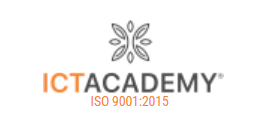

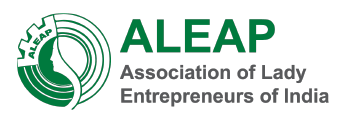
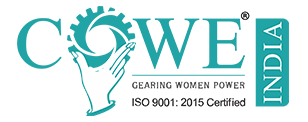
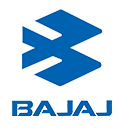
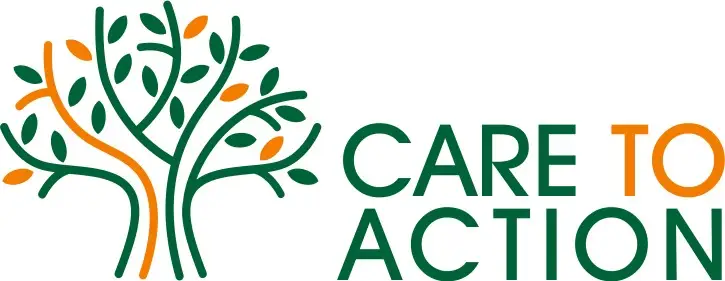

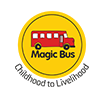
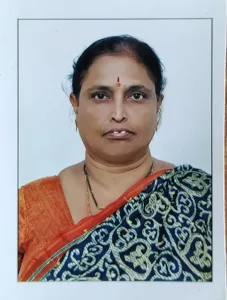
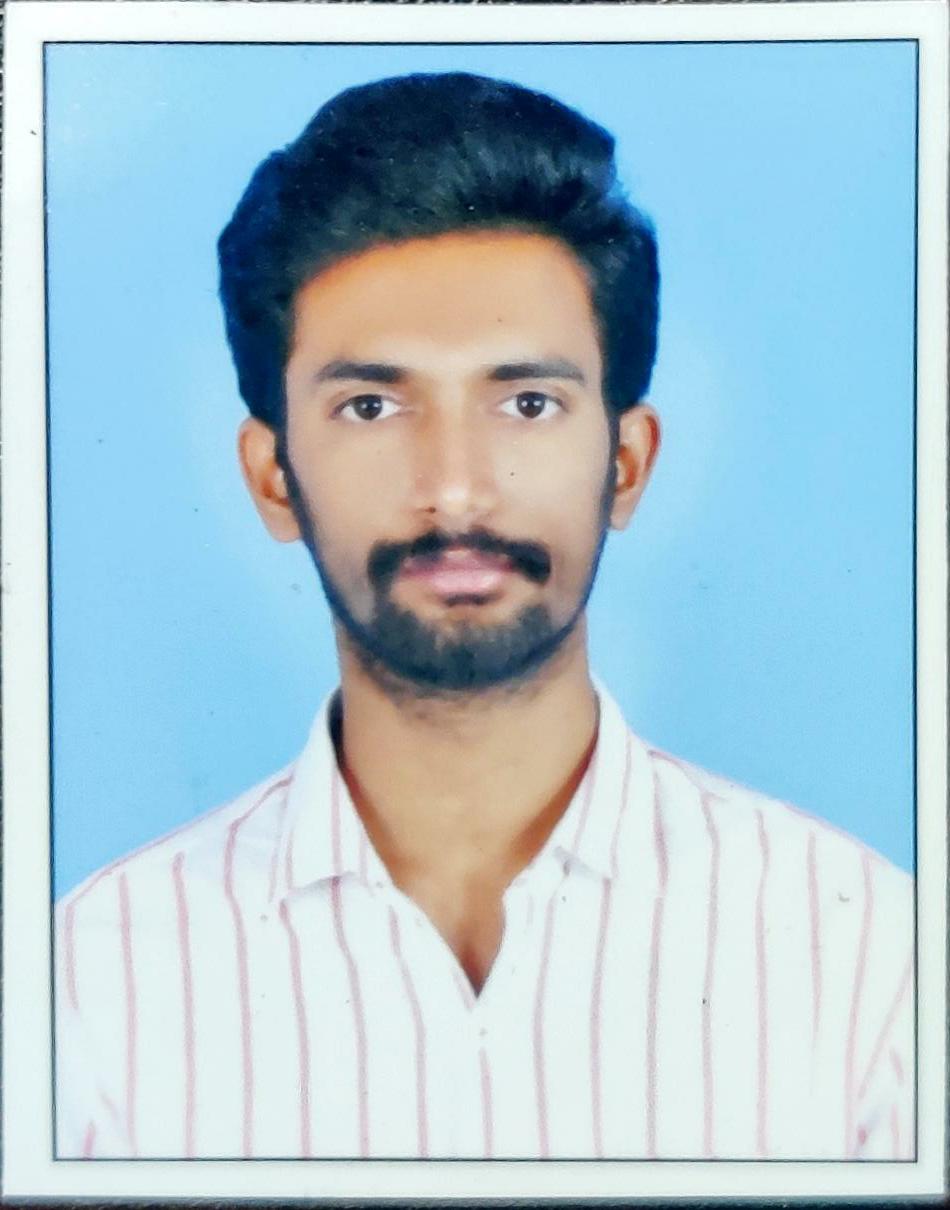
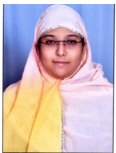
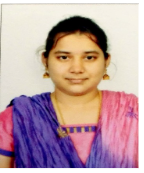
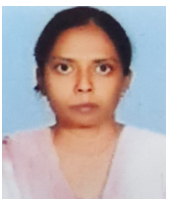
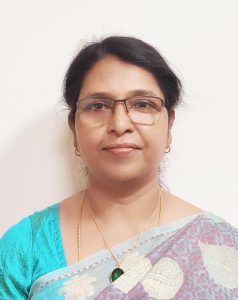
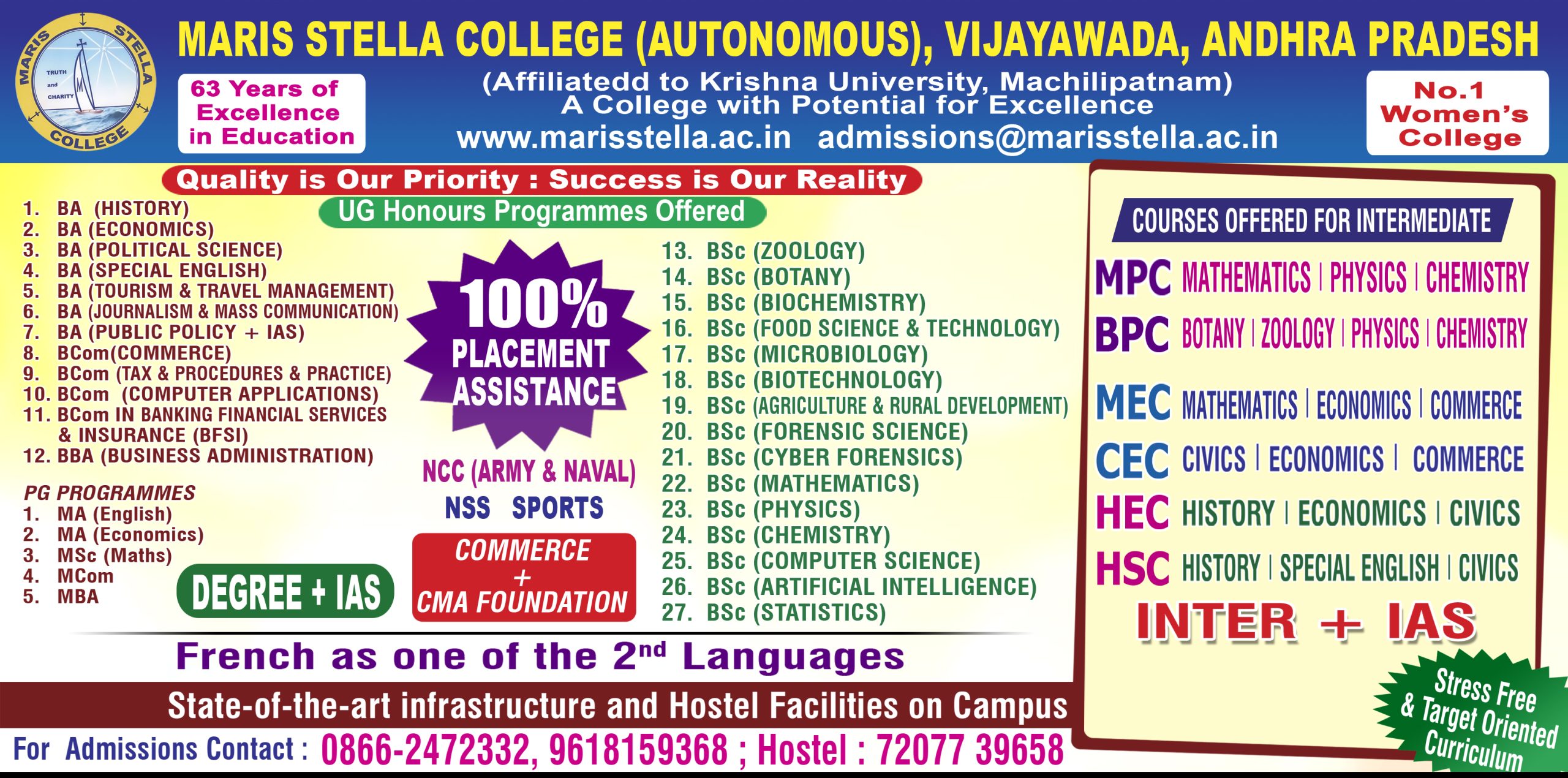
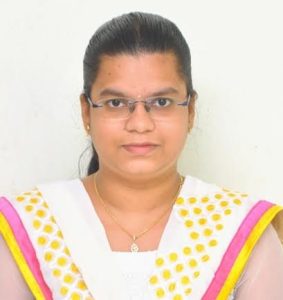
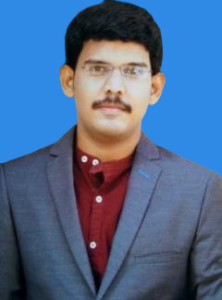
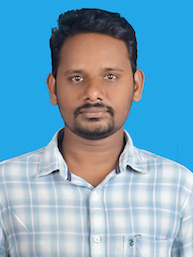
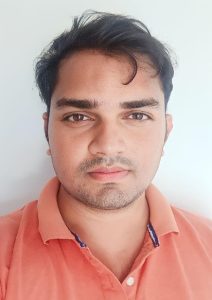
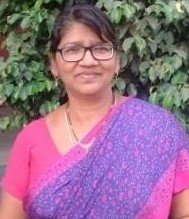
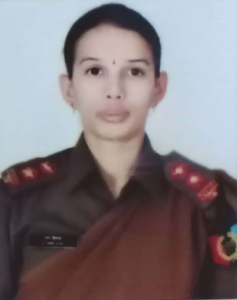
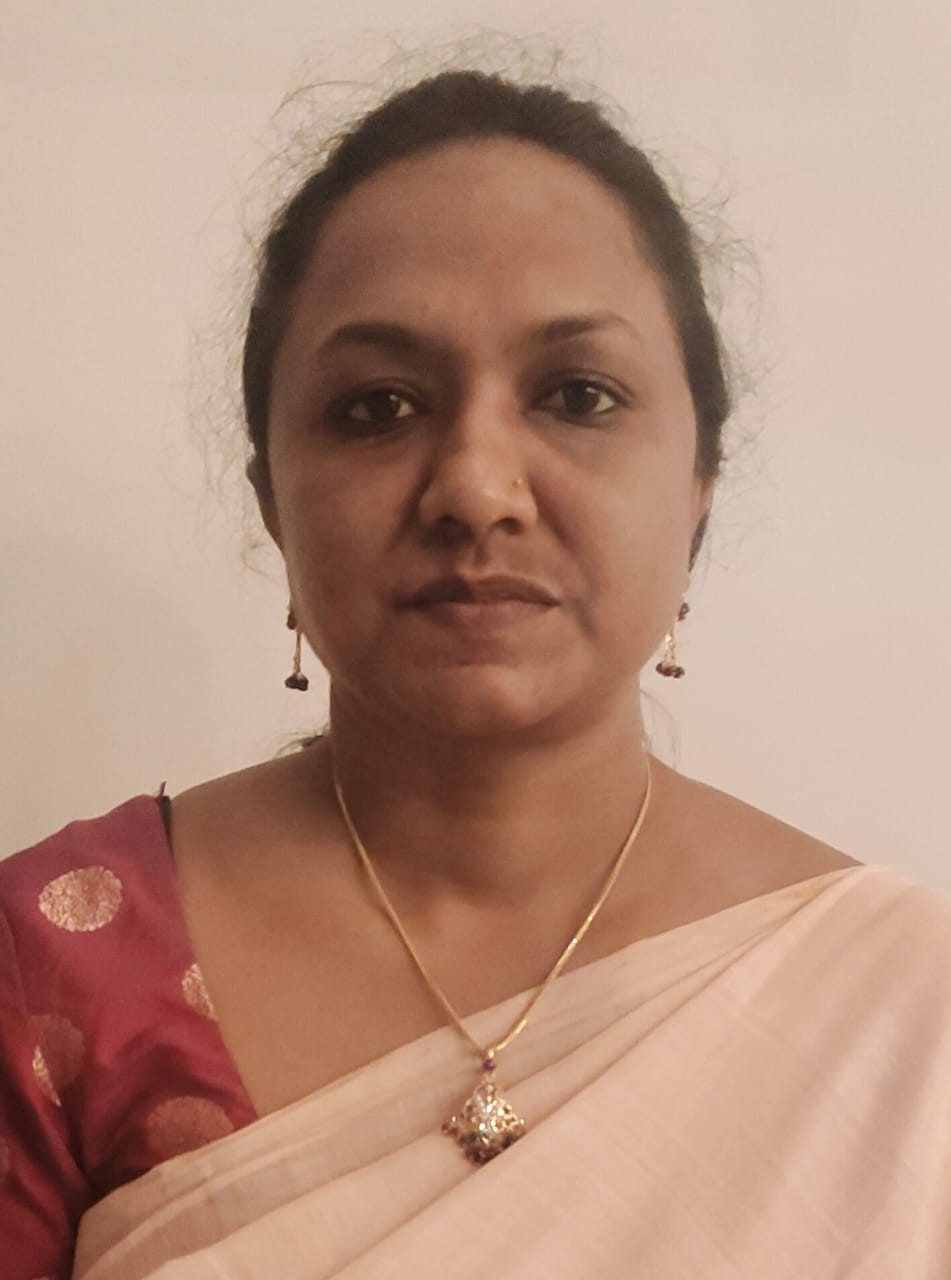
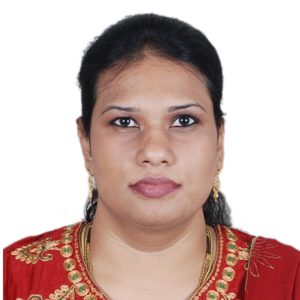
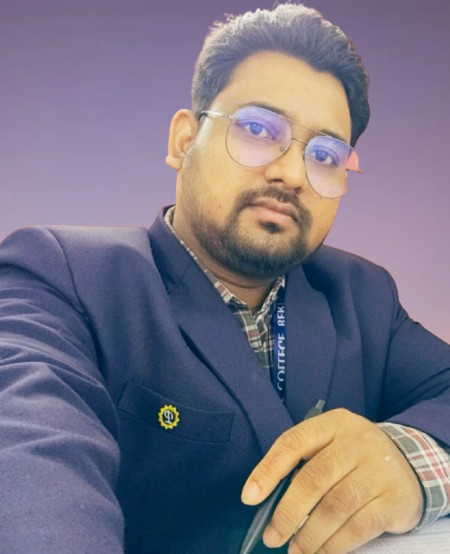
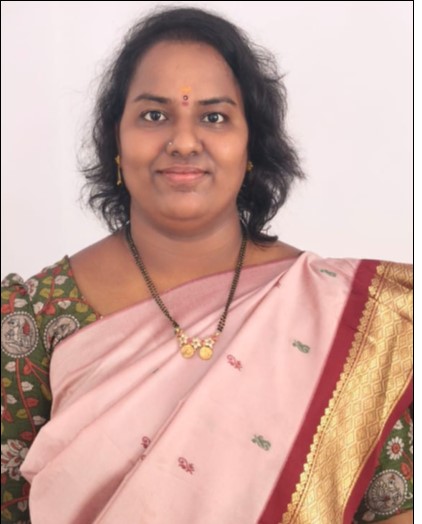
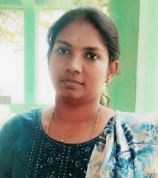
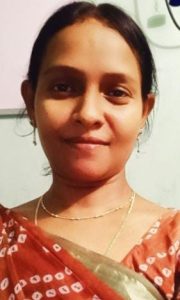
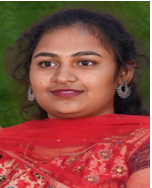
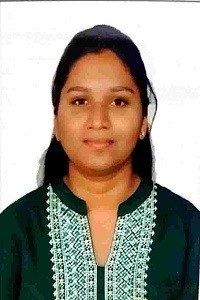
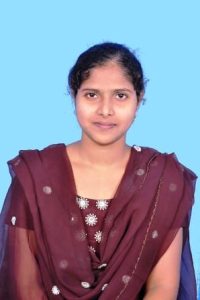
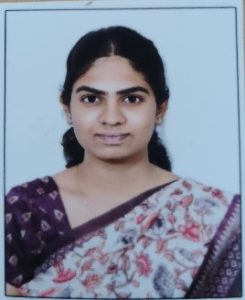
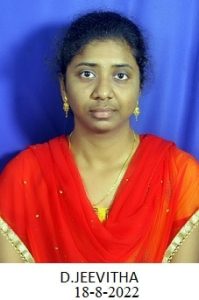
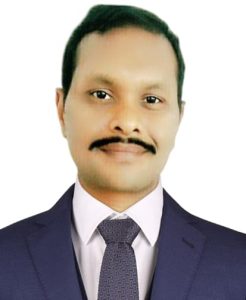
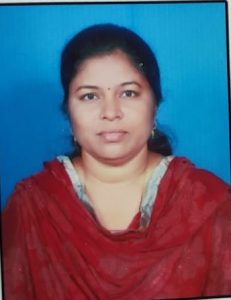
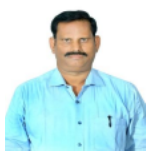
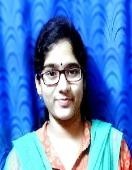
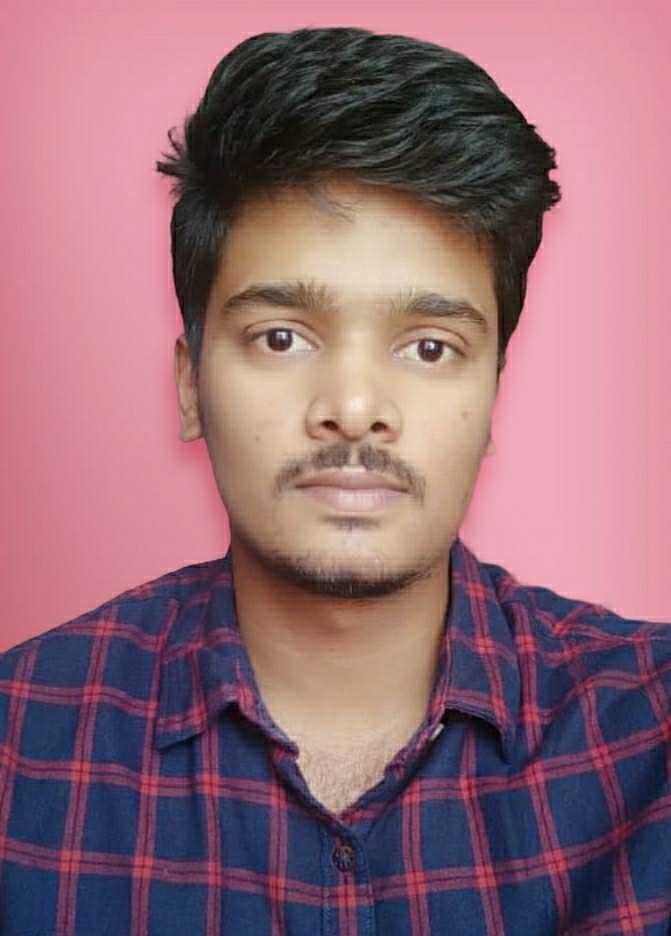
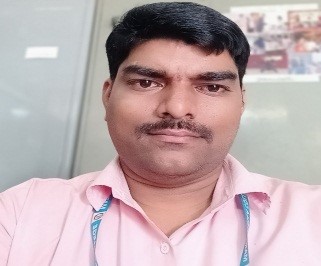
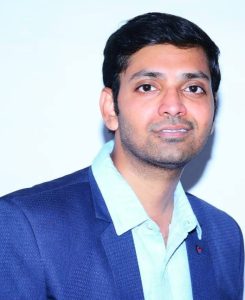
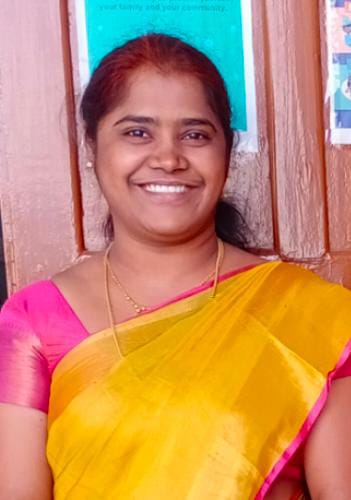
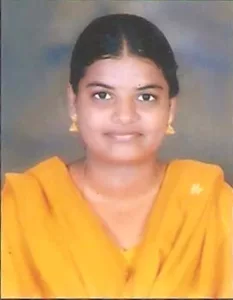
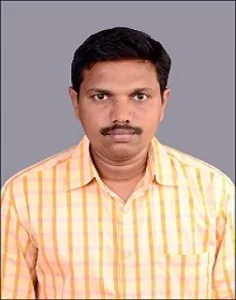
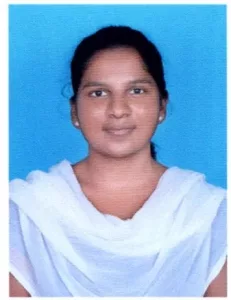
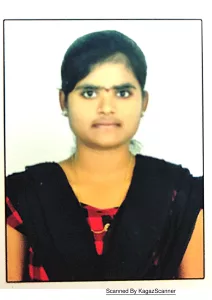
 Maris Stella College launched “English Fellow Program” by US Embassy on 3Oth August 2021
Maris Stella College launched “English Fellow Program” by US Embassy on 3Oth August 2021